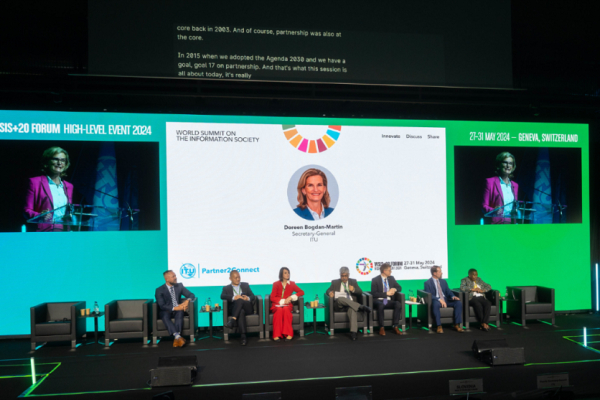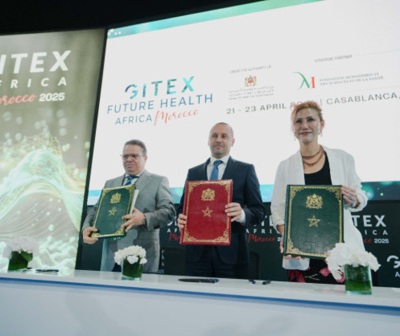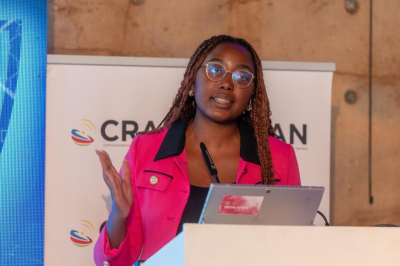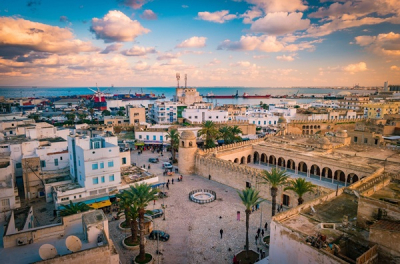Investment commitments in the digital sector are crucial for African development. With its vast underserved population, Africa can greatly benefit from enhanced digital connectivity. These investments address critical barriers like affordability and adoption, fostering an inclusive digital society.
The International Telecommunication Union (ITU) announced, on May 27, $4.8 billion in new investment commitments to boost global connectivity. This brings total pledges through its Partner2Connect Digital Coalition (P2C) to $50.96 billion, nearing its $100 billion target for 2026.
The announcements were made at the World Summit on the Information Society (WSIS)+20 Forum in Geneva. The new pledges leverage artificial intelligence (AI) to enhance digital access and inclusion.
"Closing the digital divide requires a team effort, and today we scored a huge win for global connectivity," said ITU Secretary-General Doreen Bogdan-Martin.
Key commitments include $106 million from Elle International to improve digital connectivity for 20 million women and girls in South Africa and a new pledge from Microsoft to prioritize AI projects that include people with disabilities, among others.
According to the ITU, approximately 5.4 billion people (67 percent of the world’s population) were using the Internet as of 2023, leaving 2.6 billion people still offline. This statistic underscores the significance of ongoing investments in digital connectivity, particularly in regions like Africa. With a substantial portion of the global population still disconnected, initiatives aimed at increasing digital inclusion are crucial for fostering a more inclusive digital society.
Hikmatu Bilali



















